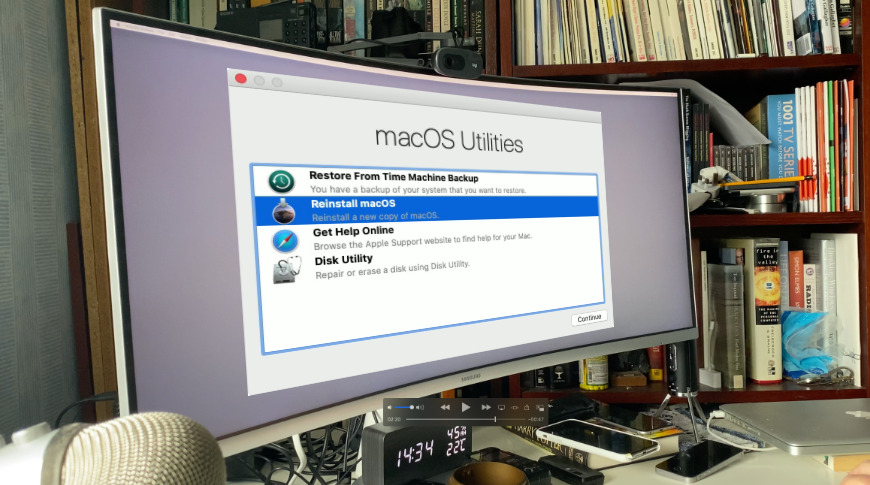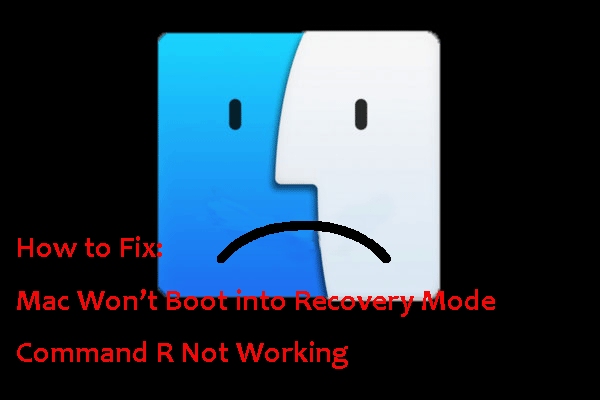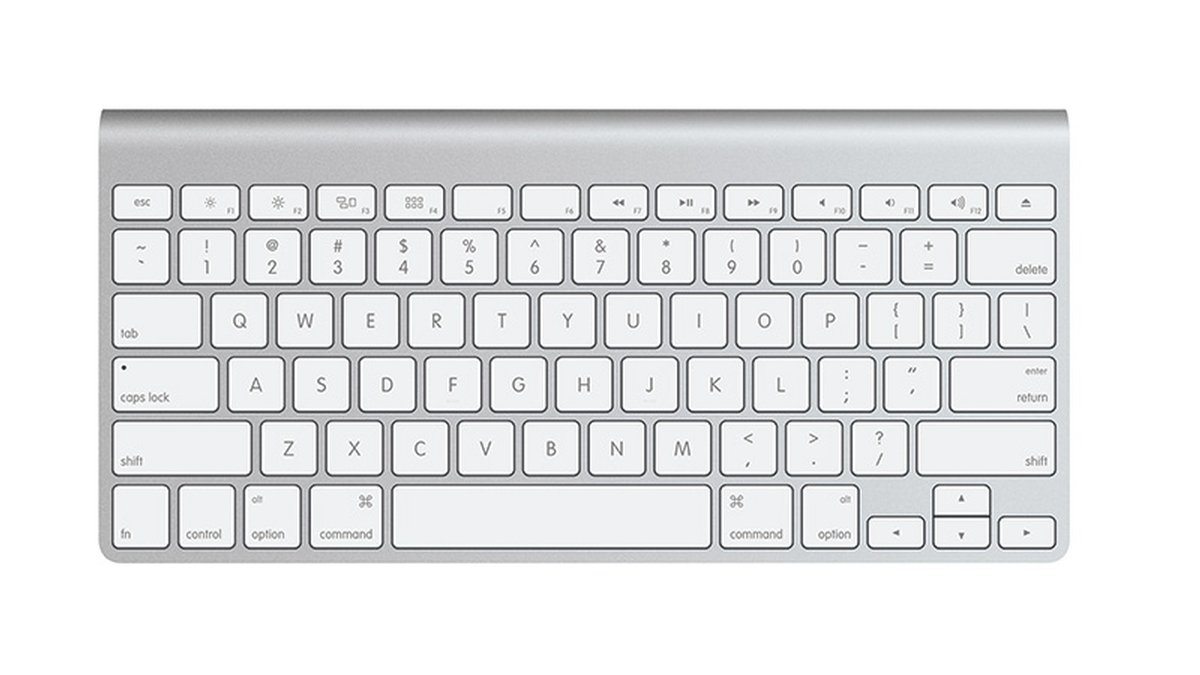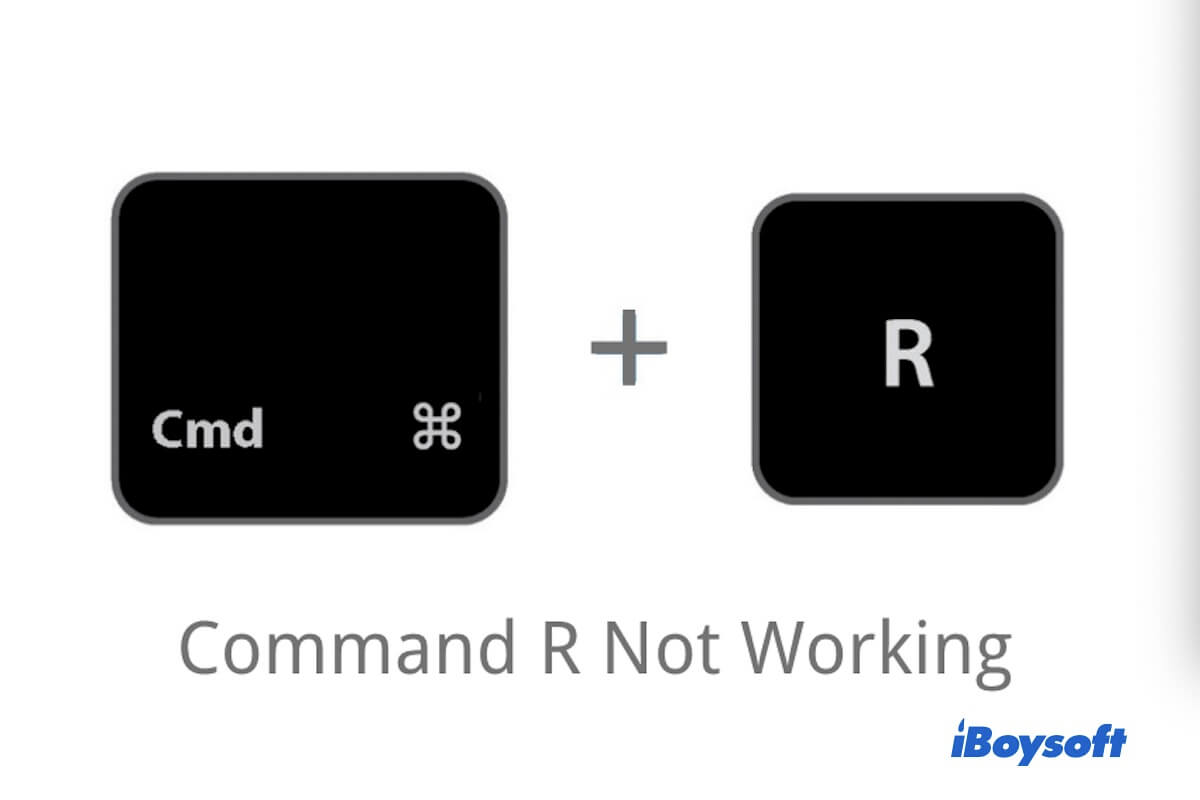

- #Mac internet recovery mode not working how to
- #Mac internet recovery mode not working for mac
- #Mac internet recovery mode not working install
- #Mac internet recovery mode not working software
Long press Option + Command + R during restartĢ. In that scenario, you can take the help of Mac internet recovery.ġ. With the recovery partition missing, your Mac won’t boot into recovery mode. It could be that you have mistakenly deleted the recovery partition while replacing the hard drive on Mac. Mac Internet Recovery Can Prove To Be Helpful
#Mac internet recovery mode not working for mac
Click on “Use Disk” which will update system storageĪlso Read: Fixes For Mac Not Shutting Down Issue 2. Press and hold the Option key after you hear the startup soundĥ. If the above two ways can’t help you start Mac in recovery mode, you need to contact Apple Support for help.2. If you still can't start Mac in Recovery mode, and you have another Mac that is able to start up completely, you might be able to create an external Mac startup disk to start up from instead. If your Mac recovery mode is not working, you can try to start your Mac in Internet Recovery Mode by pressing Option-Command-R or Shift-Option-Command-R at startup.

#Mac internet recovery mode not working how to
How to fix Mac recovery mode not working? You can choose one of them from the Utilities menu in the menu bar.
#Mac internet recovery mode not working software
Launch the software to choose scan mode and the device where your files were deleted.
#Mac internet recovery mode not working install
Download and install Cisdem Data Recovery on Mac.

It can recover photos, documents, videos, archives, music and other files from Mac hard drive only in three steps: If you erase hard drive by accident without backup, you can also try some Mac data recovery software like Cisdem Data Recovery to recover lost files from your Mac hard disks. Because erasing hard drive will remove everything on it. Before you do anything to your hard drive like erasing and partitioning the hard drive, please backup it first. You can use Disk Utility to repair, partition, erase, mount or restore your hard drives. This option in Mac recovery mode allows you to use Safari to browse the web and find help for your Mac. Your Mac restarts after installation is complete.And it will reinstall the latest macOS that was installed on your Mac. Then select a startup disk and click “Install”. Click “Continue”, and follow the onscreen instructions.Choose “Reinstall macOS” or “Reinstall OS X” from the utilities window.Follow this guide to do that: How to restore from Time Machine backup. If you have backed up your Mac to Time Machine before, then you can choose this option to restore your Mac. Then you can choose one of the options and click “Continue”.Wait for a while and you will see the macOS Utilities or OS X Utilities window.Hold the keys until the Apple logo appears. As your Mac restarts, hold down the Command and R keys immediately as long as you hear the startup chime.In the Apple menu, choose “Restart…” on your Mac.Just follow the guide below to enter in Mac recovery mode. Starting Mac in recovery mode is very easy. Scan, verify and repair connected drives with Disk Utility.Browse the web or get help online on your Mac using Safari.Erase, install or reinstall factory-preloaded Mac operating system.Restore your Mac from a Time Machine backup.You can use Mac recovery mode to do below things: It is the last chance to solve possible issues that may prevent your Mac from starting up properly.

Mac recovery mode is part of the built-in recovery system of your Mac that holds a recovery image along with a copy of the macOS installer.


 0 kommentar(er)
0 kommentar(er)
